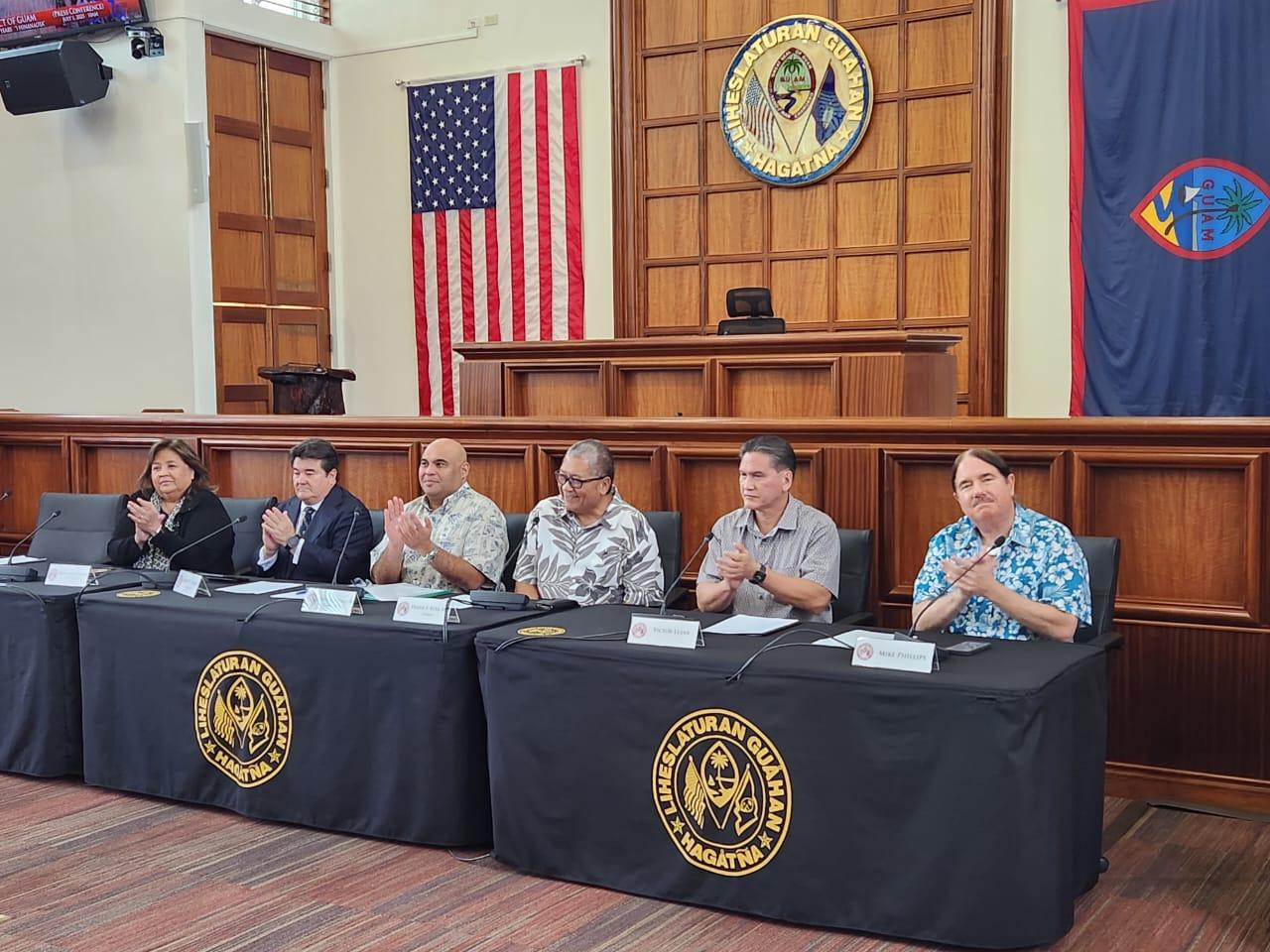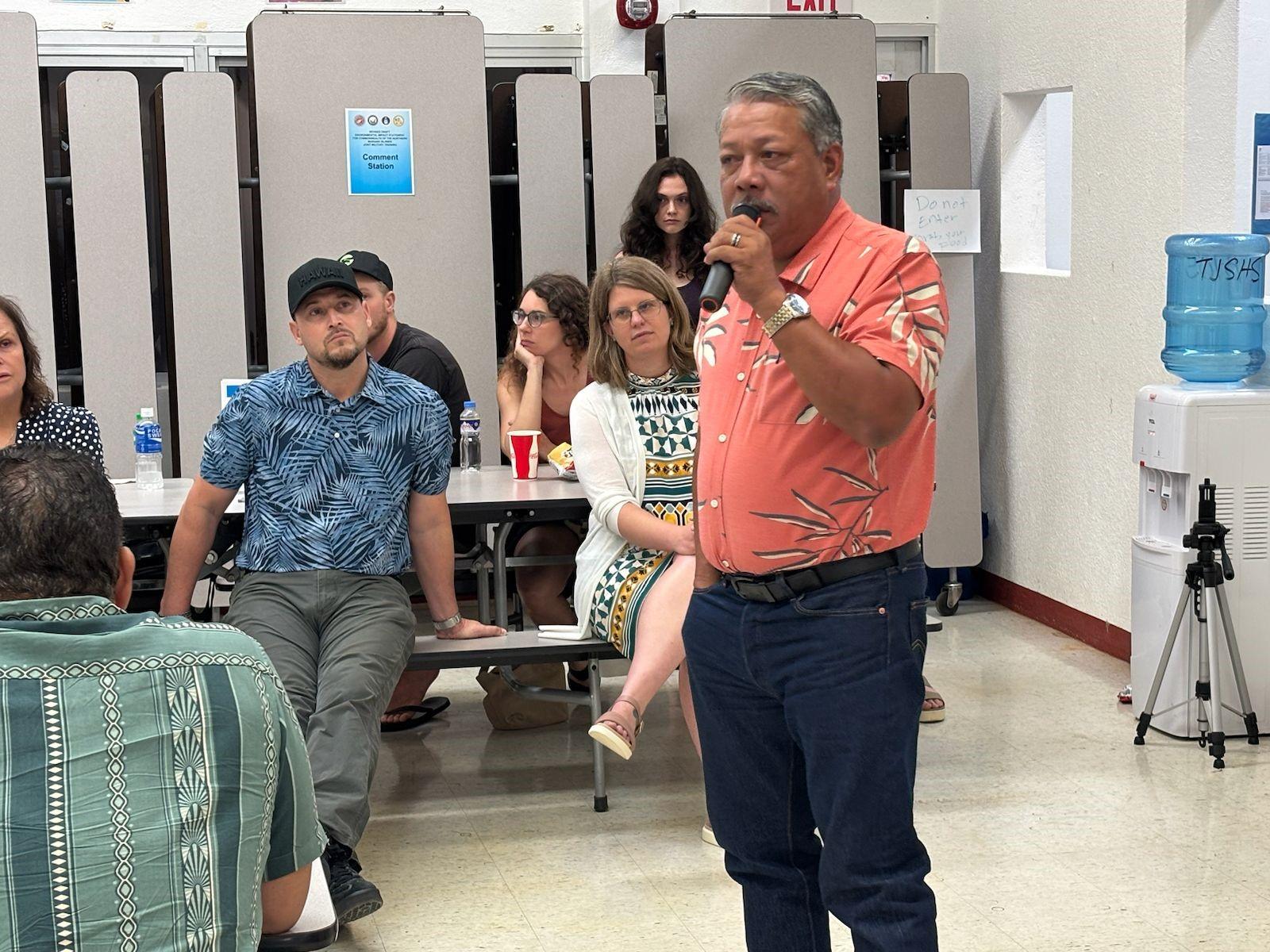Officials in Guam and the Northern Mariana Islands are continuing efforts to bridge the digital divide after receiving notice that a combined $6.7 million in Digital Equity Act grants have been terminated due to federal concerns with constitutionality.
Melissa Bettis, director of the Guam Office of Infrastructure Policy and Development, said they’re looking for other funding to continue the work planned for the $2.5 million Digital Equity Plan. The funds were to help support:
• the Guam Department of Revenue and Taxation’s and the Division of Motor Vehicles’ websites to improve accessibility for all customers, add multilingual support, and streamline online services.
• mobile units to reach remote areas, ensuring increased community access to Real IDs and driver’s licenses; and
• an accessible digital hub that offers digital training, resources, and support. This includes employing Digital Navigators who can teach residents to use the computer to apply for jobs and provide educational opportunities to persons with disabilities and other intersecting populations.
See story: Guam awarded $2.5M for digital upgrades at DRT and more.
The additional $2.1 million in Digital Equity Capacity Grant received by Guam in late 2024 was expected to help expand digital services across the island, benefitting key community anchor institutions such as Guam's mayors’ offices, the Guam Memorial Hospital Authority, and the Department of Youth Affairs.
Bettis said they continue to work with federal partners on the Broadband Equity, Access, and Deployment, or BEAD, program, for which Guam was allotted $156 million.
Similarly, NMI Broadband Policy and Development Office officials said their office received the National Telecommunications and Information Administration notice regarding the termination of the NMI’s $2.1 million.
They said they have submitted a letter to the Department of Commerce suggesting the funds be redirected to universal programs that align with the Trump Administration’s priorities, including:
-
Workforce Development in Emerging Technologies: Training all NMI residents for careers in AI, cybersecurity, and other in-demand digital fields.
-
Universal Digital Literacy Initiatives: Equipping every resident with essential digital skills.
-
Broadband Access Expansion: Strengthening infrastructure to provide affordable, reliable broadband service to all communities.
NMI officials also pointed out that the Digital Equity Act termination does not affect the $81 million awarded to NMI under the NTIA’s Broadband Equity, Access, and Deployment, or BEAD, program.
“As previously reported, we do not anticipate any issues with BEAD funding. We expect only regulatory adjustments over the next month, which will not impact our robust plans or timelines,” officials said in the press release. “The (Broadband Policy and Development Office) is 100% federally funded and has secured six federal grants in the last two years—totaling over $100 million. This unprecedented investment demonstrates strong confidence in our capacity to deliver high-impact broadband solutions for our islands.”
The U.S. Department of Commerce issued a letter to states and territories on May 9, saying: “As the President determined and as Secretary Lutnick agreed, the Digital Equity Capacity Program, 47 U.S.C. § 1723, is unconstitutional and grants issued pursuant to it were created with, and administered using, impermissible and unconstitutional racial preferences.”
The Digital Equity Act was part of a Biden Administration effort to promote digital connectivity. The 2021 Bipartisan Infrastructure Law that included $2.75 billion to states and territories as part of the Digital Equity Act. It includes the State Digital Equity Capacity Grant Program at $1.4 billion; the State Digital Equity Planning Grant Program at $60 million; and the Digital Equity Competitive Grant Program at $1.25 billion. mbj


















